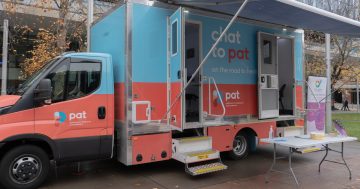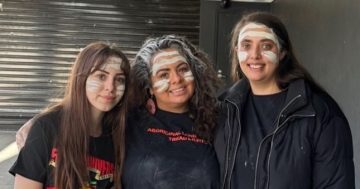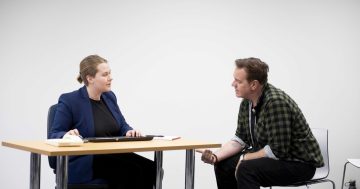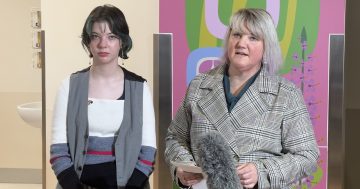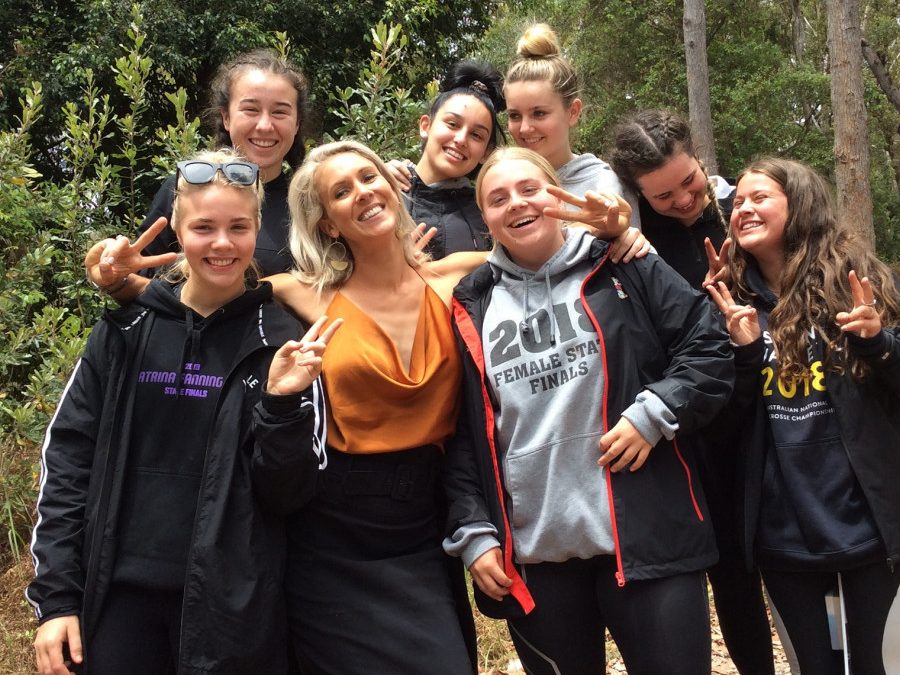
Jacinta Dubojski has channelled her struggles into a program to help young people boost their resilience. Photo: Just Another Girl.
Jacinta Dubojski knows how to speak to high school students experiencing bullying, anxiety and mental health issues. Once upon a time, she was one of them.
The founder of the Just Another Girl project is channelling her lived experiences to help tackle concerning rates of mental ill health where it tends to take root – in early adolescence.
For this work, Jacinta is a Mental Health Month Award nominee. The awards are the crown of Mental Health Month, which is organised in the ACT by the Mental Health Community Coalition (MHCC) and delivered alongside key partners Carers ACT and the ACT Mental Health Consumer Network.
Jacinda was bullied throughout her school life, which decimated her self esteem, and the cycle continued when she entered into an abusive relationship.
“I am a survivor of domestic violence. That’s a big part of my world even today,” she said.
“People can say ‘I wouldn’t let myself be treated like that, I would just leave the relationship’ – if only it were that easy.
“When you’ve got such a low self esteem, and someone constantly belittles you and tries to make you smaller and smaller, it forms and reinforces neural pathways, and you begin to believe them.”
She also believed it later, when she took up modelling and was told she needed to lose 10 kg from her already slender frame to be successful.
It all culminated in her bottoming out and landing her in the psychiatric ward of a hospital where she unfortunately did not encounter the kindness and healing she needed.
But amid all the noise an idea was forming – that she would one day share her story in the hopes it would help make future generations more resilient.
“It came to me in the middle of the night. I was deep asleep but inexplicably, I woke up at around three in the morning and just had this excitement and adrenaline,” she said.
“If something good could come from my struggles, I wanted to make that happen.”
A lot of work and a whole lot of therapy went into rebuilding herself to get started, but eventually she started emailing schools.
Now, she has reached more than 2500 students with her program. She was named among Who magazine’s top 20 most inspiring women and her story was covered in numerous publications including Woman’s Day.
Jacinta goes into schools armed with multimedia presentations and visual aids, but mostly an uncanny ability to level with young people on issues they’re struggling with today.
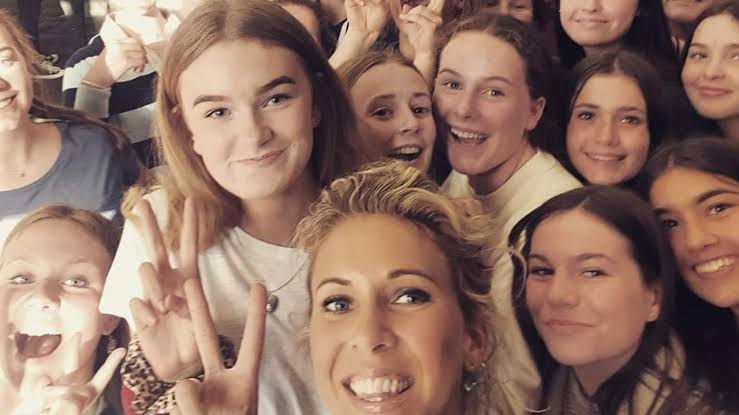
The Just Another Girl program has reached over 2500 young people. Photo: Just Another Girl.
“It’s this powerful thing that happens. In sharing myself I discover just how many young people are going through some heavy stuff. Family troubles, traumas, difficulties with friends, self esteem struggles, mental health struggles,” she said.
“You might get a student that starts crying – and these are teenagers, this is hard stuff, you don’t want your peers to know you’re struggling – and there’s a roar of applause and energy from their peers for this young person who’s had that courage to stand up. It’s goosebumps.”
Throughout October, MHCC is highlighting important social issues that impact our mental health with a series of activities including community-led events, a drop-in information hub at Belconnen shopping centre and a workplace “priori-tea” where organisations commit to talking about mental health in the workplace.
MHCC represents the ACT’s entire community-managed sector (services not managed by government), which accounts for the overwhelming majority of services.
MHCC ACT CEO Melanie Poole said across the board, members are reporting common themes impacting them, including climate change, the cost of living and the “loneliness epidemic”.
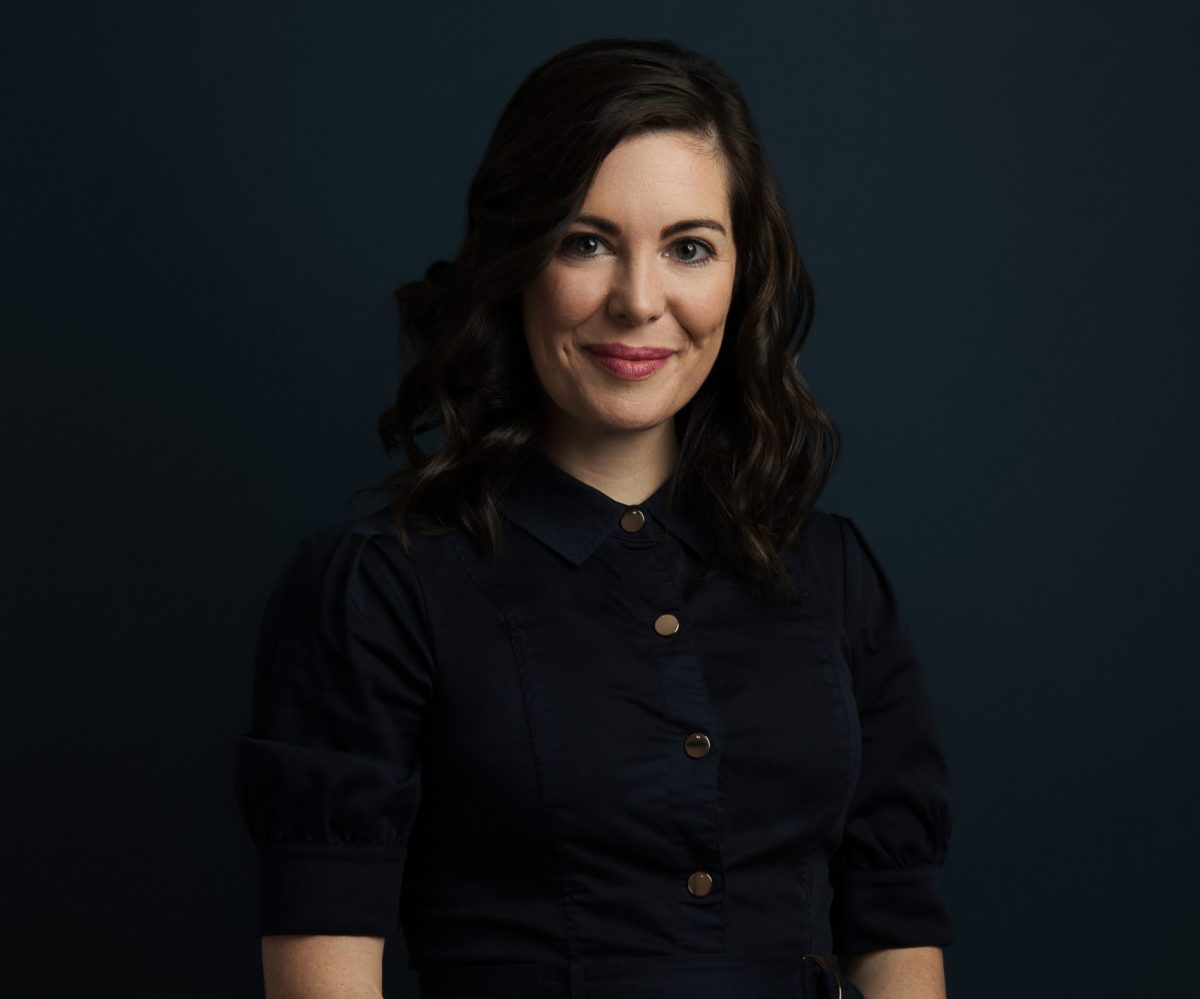
MHCC ACT CEO Melanie Poole said profound loneliness is one of the leading causes of mental ill health. Photo: Thorson Photography.
Over a quarter of Canberrans report feeling lonely “often”, according to the most recent Living Well in the ACT Region Survey. Loneliness increases mental health risks and correlates with physical illnesses like cardiovascular disease.
“We’re hearing more about how people’s feelings of disconnection are playing into their mental ill health … We get some heartbreaking stories,” Melanie said.
“Leading public health researchers have found that loneliness is as lethal as smoking 15 cigarettes per day.
“Fundamentally what sustains the wellbeing of all people is connection to those around them and the environment they live in. That’s something every single human being needs.”
Melanie said the awards were an important way of recognising people in our community who were going above and beyond to foster connections.
“The scale of the mental health crisis in the ACT and country in general cannot be met by a workforce of clinicians, doctors, nurses, social workers and psychologists. There are so many people in those roles doing extraordinary, important work but it will take all of us to address this crisis,” she said.
“These heroes we’re celebrating, what they’re doing is so powerful.”
For more information visit Mental Health Month.
If you or someone you know needs help, you can contact:
- Lifeline’s 24-hour crisis support line – 13 11 14
- Suicide Call Back Service – 1300 659 467
- Kids Helpline – 1800 551 800 or kidshelpline.com.au
- MensLine Australia – 1300 789 978 or mensline.org.au.9:09
In a life-threatening emergency, call 000.













